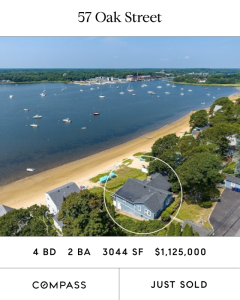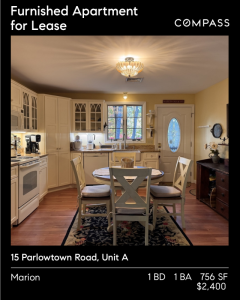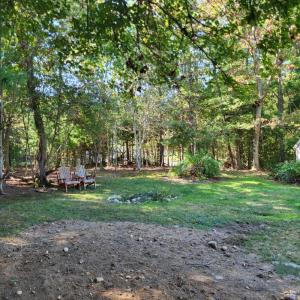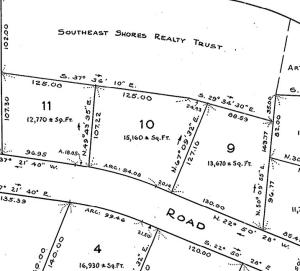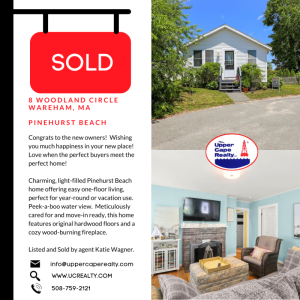Redevelopment Authority weighs in on Aspen Blue host community agreement, lease
Story Location
United States
Aspen Blue Cultures is close to securing a host community agreement and lease to use the steel building on the Tremont Nail Factory property to manufacture and package a variety of cannabis products.
The Board of Selectmen voted Feb. 2 to authorize the negotiation of a host community agreement and a lease for the building at 8 Elm Street in Wareham, and the town is still negotiating the terms.
During a March 4 meeting, members of the Wareham Redevelopment Authority suggested tweaks to what had been proposed so far.
When negotiating a host community agreement with a marijuana company, the town can set conditions, charge a community impact fee and clarify the responsibilities of the town and business owner.
Under the proposed host community agreement with Aspen Blue Cultures, the town would receive three percent of the company’s gross sales — up to $450,000 per year — as a “community impact fee.” By state law, towns can charge “community impact fees” for up to five years.
The first 25 percent of those funds will go to the Municipal Facilities Stabilization Fund, as approved by Town Meeting voters. Those funds will first be directed to the construction of a new police station, and thereafter be used to maintain town facilities.
The remaining 75 percent of those funds will go into the town’s general account. Originally, the host community agreement also included a clause that stated if the town makes a better deal with another marijuana company in the future, then Aspen Blue would be able to reopen negotiations. Board members asked to have the clause removed.
The host community agreement also includes Aspen Blue’s commitment to hire Wareham residents when possible.
In addition to the host community agreement, Aspen Blue will need to sign a lease for the steel building.
The town has not yet decided when the lease will go into effect, or when Aspen Blue will begin paying rent, which is $12,000 per month.
When Organa Brands — a cannabis manufacturing company that expressed interest in using the steel building for its operations in 2018 — rented the building, the town agreed that they would not begin paying rent until they received their license from the Cannabis Control Commission, which never happened.
Town Administrator Derek Sullivan said that Organa’s improvements to the property — roughly $250,000 worth of work — were what kept the deal from going badly for the town.
The members of the committee were hesitant to make the same deal with Aspen Blue in case the company’s plans fall through.
“I want to make this work, but we’ve been once bitten, twice shy,” Sullivan said.
Aspen Blue will need to do extensive work on the building before it is usable, including installing heating and air conditioning and a fire suppressant system.
Director of Planning Ken Buckland suggested requiring the company to complete HVAC and fire suppressant upgrades within one year of signing the lease.
The board also agreed to remove a clause from the lease that would allow Aspen Blue to deduct the cost of improvements from rent payments.
As written, the lease would be in effect for five years, with up to three renewals. Sullivan said that effectively made it a 20-year lease, which may need Town Meeting approval — an issue he said he will look into.
Discussion of the lease and host community agreement will continue at the Redevelopment Authority’s next meeting.
Once the host community agreement and lease are finalized, they must go before the Selectmen, and the board must vote to allow the town administrator to execute the agreement.























